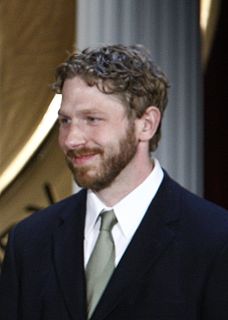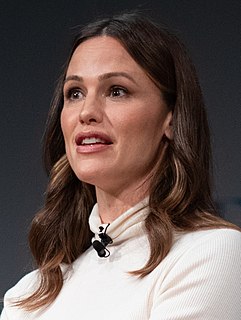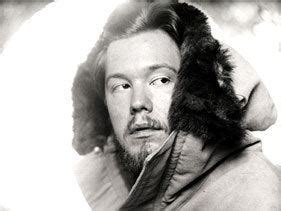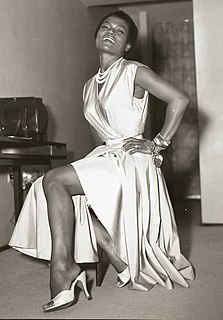A Quote by Aaron Ehasz
Fantasy stories have almost always been very white and European-focused, and we wanted to tell a story that would feel both more modern and more global. We wanted to attract a diverse audience.
Related Quotes
I knew what I wanted to do when I set out. I knew that I wanted to write a book that told the story, obviously. I wanted it be comedy first, because I felt like there already had been childhood druggy stories that were very serious, and I felt that the unique thing here was that I was a comic and I could tell the story with some levity, and I have been laughing at these stories my whole life.
The way you feel is your point of attraction, and so, the Law of Attraction is most understood when you see yourself as a magnet getting more and more of the way you feel. When you feel lonely, you attract more loneliness. When you feel poor, you attract more poverty. When you feel sick, you attract more sickness. When you feel unhappy, you attract more unhappiness. When you feel healthy and vital and alive and prosperous-you attract more of all of those things.
I always was interested in prose. As a teenager, I published short stories. And I always wanted to write the long short story, I wanted to write a novel. Now that I have attained, shall I say, a respectable age, and have had experiences, I feel much more interested in prose, in the novel. I feel that in a novel, for example, you can get in toothbrushes and all the paraphernalia that one finds in dally life, and I find this more difficult in poetry.
I'm very grateful to be in a position now where I have a lot more control to tell the stories I want to tell. I feel no obligation to tell any one story. I will tell you my interest mostly lies in telling stories about empowered women, but I don't feel it's an obligation. But I do feel like I am servicing a voice.
I don't have this fantasy about marriage anymore. Everyone says it takes hard work. Well, it kind of does -- and I'm much more pragmatic about romance than I used to be. [With Scott] I wanted to see him as a white knight and was crushed whenever anything normal happened. I wanted to be the princess. Now I'm much more willing to see myself as human and flawed, and accept someone -- the whole picture. My life is definitely changing for the better. I couldn't be happier or feel more comfortable with the direction it's going in.
I have always been interested in mythology and history. The more I read, the more I realized that there have always been people at the edges of history that we know very little about. I wanted to use them in a story and bring them back into the public's consciousness. Similarly with mythology: everyone knows some of the Greek or Roman legends, and maybe some of the Egyptian or Norse stories too, but what about the other great mythologies: the Celtic, Chinese, Native American?
I've always been into 'fast-paced, don't bore 'em, keep it moving along, stick with the story.' You know: tell a story the way I want to hear a story. I find it more rewarding to write for kids, but I also find it a little easier, because you can just let loose a little bit more in terms of fantasy and stuff.
...You believe that the kind of story you want to tell might be best received by the science fiction and fantasy audience. I hope you're right, because in many ways this is the best audience in the world to write for. They're open-minded and intelligent. They want to think as well as feel, understand as well as dream. Above all, they want to be led into places that no one has ever visited before. It's a privilege to tell stories to these readers, and an honour when they applaud the tale you tell.




































